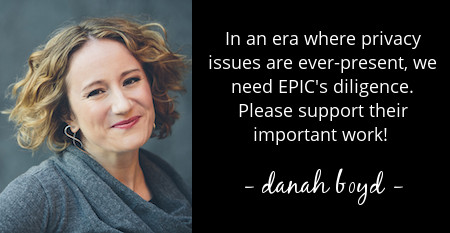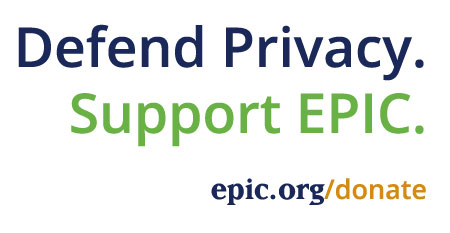Uber is now routinely tracking the location of all of its users, even when they are not using the transportation service. Last year, EPIC filed a complaint with the FTC after Uber announced the plan to collect location data when the app operated in the background. EPIC said that Uber had engaged in unfair and deceptive trade practice. The FTC failed to act and Uber is now tracking users non-stop. In Europe, Uber is facing legal action as the European Court of Justice considers whether the company should be considered a transportation service, subject to the same rules as its competitors, or a digital platform, which operates outside the law.
Today the Senate Commerce Committee will hold a hearing on "The Dawn of Artificial Intelligence." Experts from industry and academia will provide "a broad overview of the state of artificial intelligence, including policy implications and effects on commerce." In a prepared statement, EPIC urged the Committee to support "Algorithmic Transparency," an essential public policy strategy to make AI accountable. The hearing follows two White House reports -Preparing for the Future of Artificial Intelligence and the National Artificial Intelligence Research and Development Strategic Plan. EPIC is currently litigating several "AI" cases including EPIC v. FAA (drone surveillance), Cahen v. Toyota (autonomous vehicles), EPIC v. CPB (U.S. traveler "risk assessments"), and Secret DNA Forensic Source Code.
Congress has passed the Consumer Review Fairness Act, a law protecting consumers' right to post negative reviews without fear of retaliation. The bipartisan measure would make it illegal for companies to include non-disparagement clauses in consumer contracts, or to impose penalties or fees for critical reviews. The Federal Trade Commission will enforce the new law, which now awaits President Obama's signature. "By ending gag clauses, this legislation supports consumer rights and the integrity of critical feedback about products and services sold online." said Senate Commerce Committee Chairman John Thune. EPIC has long supported free speech and access to information online.

























